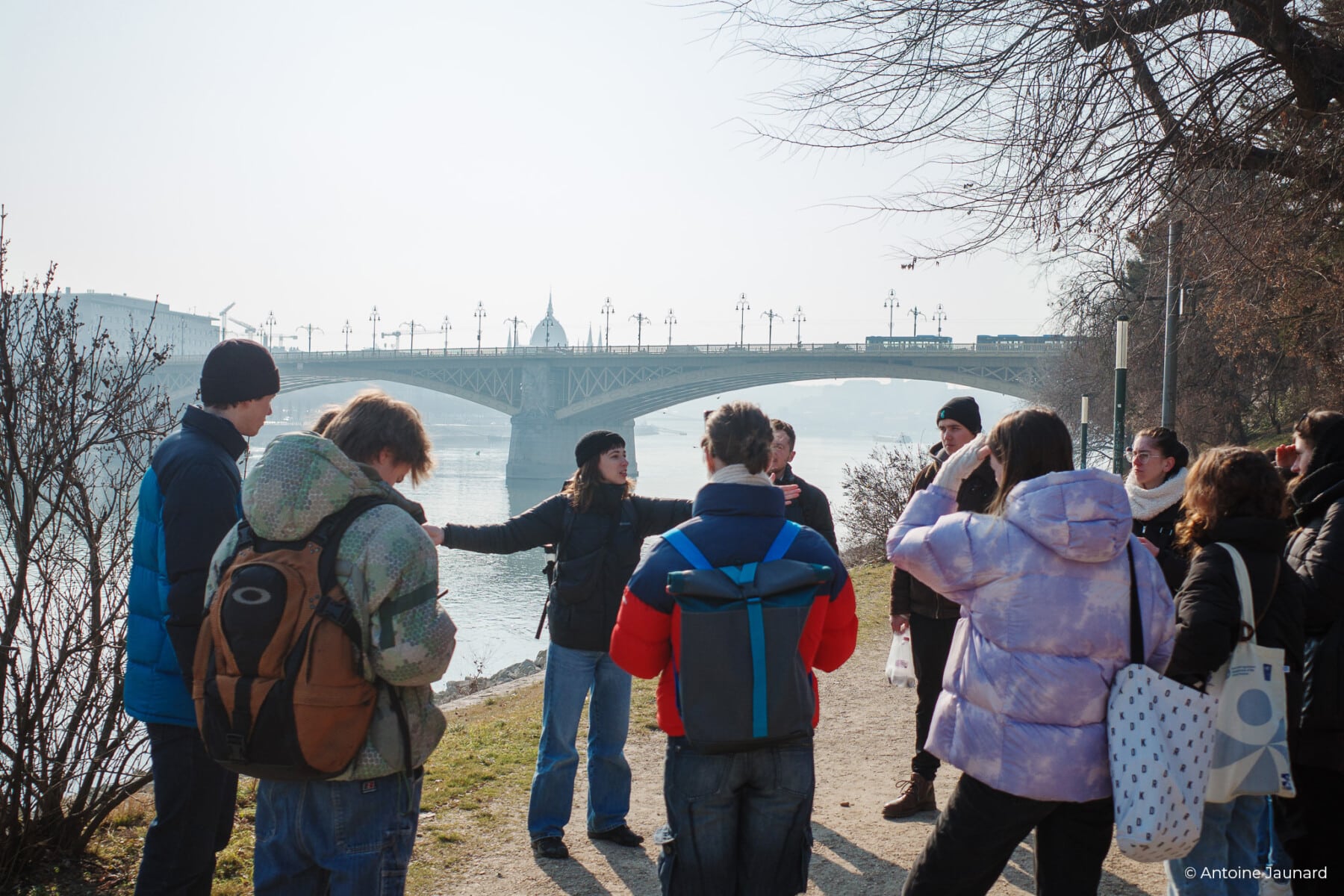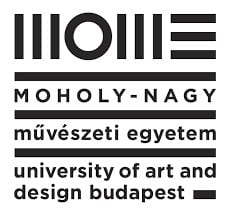
Data for Good: A Design Challenge at MOME
Client: Moholy-Nagy University
The Moholy-Nagy University of Art and Design (MOME) and Fab Lab Barcelona, through the Distributed Design Platform have built a meaningful and ongoing partnership, recently highlighted by the Data for Good design challenge in Budapest.
Area
Future Learning, Distributed Design and Sense Making
Type of Project
Immersive Design Challenge
The Goal
After months of planning, the collaboration between the Moholy-Nagy University of Art and Design (MOME) and the Distributed Design Platform culminated in February 2025 with a one-week immersive design challenge hosted by Fab Lab Barcelona. Students from five different bachelor’s and master’s programs gathered in the Data for Good design challenge at MOME, Budapest, to explore new and emerging topics in environmental data and design.
The challenge posed a fundamental question: “How can we utilize data to co-develop creative interventions that address local and global environmental challenges?” To answer this, the Distributed Design Platform collaborated with Smart Citizen, a project led by Fab Lab Barcelona that develops open-source hardware and software tools for environmental monitoring. Throughout the week, students followed an immersive learning program, exploring Distributed Design principles, the fundamentals of environmental monitoring with the Smart Citizen Kit, and ideating and prototyping potential project concepts.
Our Solution
The Data for Good Design Challenge focused on learning through exploration rather than rushing to produce final products. Students investigated environmental challenges in Budapest by collecting air quality data using Smart Citizen Kits and making qualitative observations. Back in the classroom, they analyzed correlations between digital data and personal perceptions, leading to the development of creative interventions.
Inspired by Fab Lab Barcelona’s MDEF program, the challenge was finalized with the interactive Design Dialogues format, where students showcased their work at project stations rather than through traditional presentations. This approach encouraged discussion, iterative refinement, and meaningful feedback. By blending environmental monitoring, data analysis, and design thinking, the program empowered students to develop innovative solutions while fostering interdisciplinary collaboration.
Testimonials
“Digital Crafting is connected to the work of the Distributed Design Platform in many ways. Similarities can be seen in our principles, working methods, and value system. Thus, it was timely for a collaboration to be established, resulting in this one-week course at MOME /and the important connections of our talents and Distributed Design.
The students mainly focus on “emerging” design topics in Digital Crafting, with the methodology primarily following “research through design.” This means that during their research, they can (quickly test) design their design interventions “on the field” with its stakeholders and they quickly iterate based on their needs using rapid prototyping technologies, mainly in the form of 3D printed and laser-cut prototypes, with extremely fast feedback. We emphasize the advantages of decentralized manufacturing optimized for individuals or small communities, and the students complete their tasks in the “maker” spirit. We deal with different interactions (mainly: machine-human, human-human) and the exploration of the role of interactive objects, in topics such as inclusive design, data-driven design or game design.
The Distributed Design challenge we ultimately chose aligns with what has been mentioned here. It strengthens the effectiveness of designer-maker self-determination, highlights the importance of the maker attitude, and helps the student integrate new, previously unknown methodologies into their work and strengthens the importance of participatory and data-driven design.
We would like to thank the program organizers for their support in carrying out this successful course, where the students experienced the application of the research through design methodology within the framework of a beautifully thought-out and researched project (Citizen Science Kit).“
By Dóra Rea Kövér, Digitial Object Making lead
Project Team
Jessica Guy, Distributed Design Lead at Fab Lab Barcelona
Antoine Jaunard, Designer
Partners
Want to talk?
Book a call with our team to discuss how we can work together:
Noel Criado, Strategic Partnerships Lead: [email protected]
